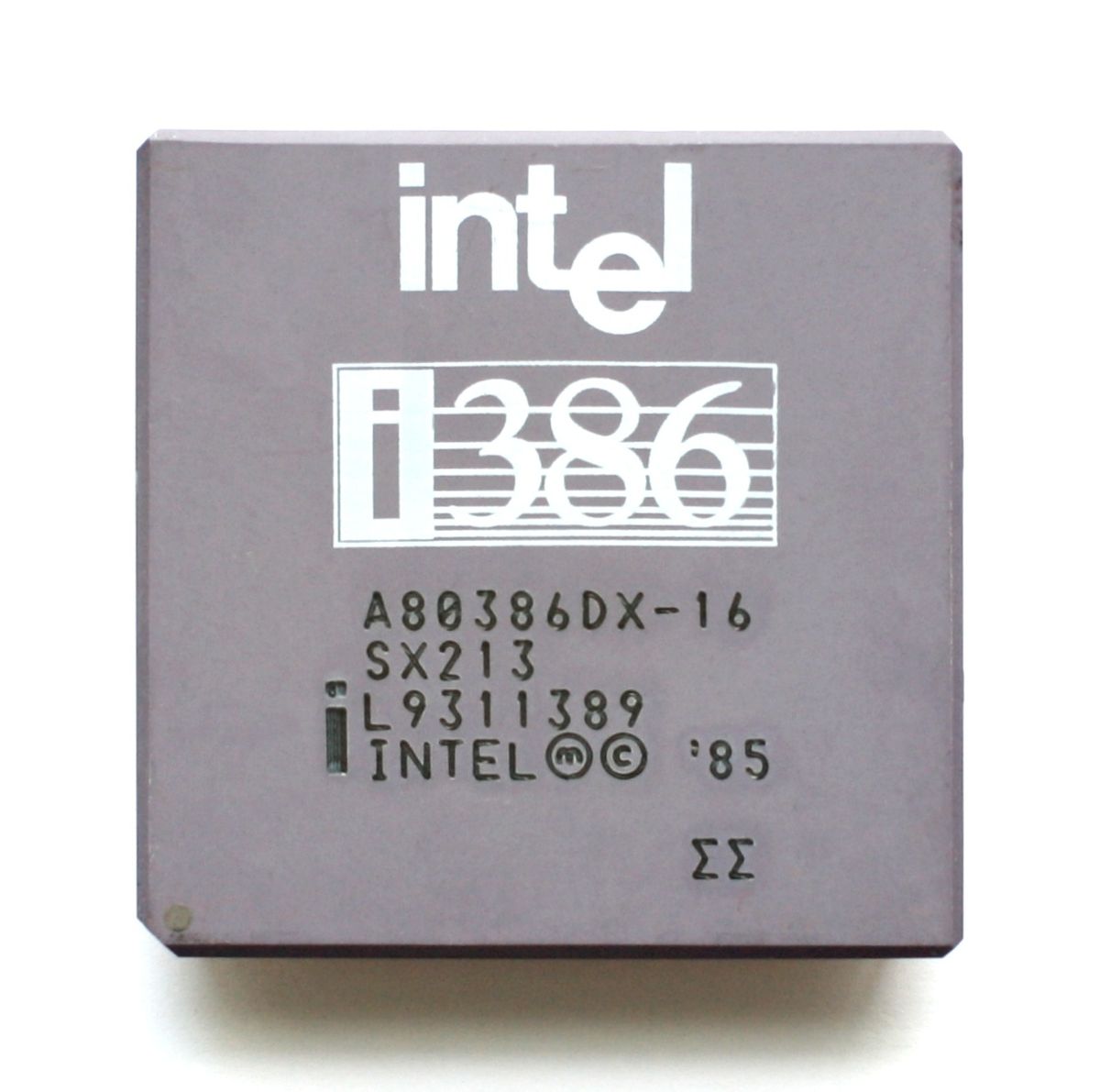Python? This will require “specialized hardware” just due to the interpreter overhead taking continuous screenshots of everything you do and indexing/storing them. Why bother implementing something like this using an interpreted language??
I’m a computer and open source enthusiast from Toronto, Ontario, Canada.
- 0 Posts
- 32 Comments

 41·3 months ago
41·3 months agoOnly if he uses Linux and insists on anal as a form of contraception. 😂
Well, as a feminist, I’m choosing the wolves.

 20·4 months ago
20·4 months agoThat’s a decent workaround for a laptop with a broken keyboard.

 17·6 months ago
17·6 months agoWhoah, isn’t FUTO the non-profit that Louis Rossmann works for? This is great news!!

 61·7 months ago
61·7 months agoHis analysis and analogies are actually pretty good, except he ruins it all with his cringy intro and outro. That’s disappointing.

 10·7 months ago
10·7 months agoIf this is their attitude to a clear self-inflicted fuckup, then that’s plenty reason for me to avoid them and their services. It’s not like their services were distinct in any way… just a dime in a dozen cloud provider.

 1·8 months ago
1·8 months agoGoogle reminds me more and more of Microsoft of the 90s. That’s exactly the kind of compatibility breaking asinine move MS would do 30 years ago. Sigh…
I think descriptive and useful error messages are OK to report as enhancements. They don’t have to be functional bugs.
Good old git blame lol! Not only can you determine when the change was made and where, it’s trivial to look up the author of the commit: https://github.com/iputils/iputils/commit/562e0d570d93cfcfdebab1215a2f04efa64a24f8
To be fair, the author’s first language may not be English…
Is anyone interested in submitting a pull request? Looks like Github contributions are accepted.
Who knows anymore with these youngsters’ vernacular?
Classic! Love this clip!!!
Huh? ZFS is not 100% userspace. You’re right that ZFS doesn’t need hardware RAID (in fact, it’s incompatible), but the standard OpenZFS implementation (unless you’re referring to the experimental FUSE-based one) does use kernelspace on both FreeBSD and Linux.

 1·10 months ago
1·10 months agoActually grub 0.x series had much more useful rescue shell tab completion than the latest release. You could easily list all boot devices, partitions, and even filesystems and their contents. All from the rescue shell. Consequently, you could boot into Linux and reinstall grub in the MBR to fix it. All that without using a boot CD/USB! Good luck doing that with the latest version of grub and UEFI.
Also getting into the BIOS on legacy firmware was also very simple. On most machines it’s the three finger salute followed by either F1, Delete or rarely F11 or F12.
The boot process was simple, and the BIOS had just one simple task: load and execute the first 512 bytes of the disk that was designated as the boot device. That’s it.

 181·10 months ago
181·10 months agoAh yes, simplicity. MBR, with all its limitations had one killer feature: it was extremely simple.
UEFI, as powerful as it is, is the opposite of simple. Many moving parts, so many potential failure points. Unfortunately, it seems like modern software is just that: more complex and prone to failure.
Interactive (i.e. end-users) Clients should be using OAuth instead of app passwords. This will allow your users to use their own Office365 credentials for SMTP.
For servers and non-interactive clients (e.g. copiers/printers/toasters/coffee makers) I would suggest something along the lines here: https://learn.microsoft.com/en-us/exchange/mail-flow-best-practices/how-to-set-up-a-multifunction-device-or-application-to-send-email-using-microsoft-365-or-office-365#compare-the-options
Ever hear of Secure Time Seeding? It’s real, and fits this meme perfectly.
I was actually confused about your response to grahamsz@kbin.social… it seems like they have at least a basic understanding of how registrars vs. DNS hosts work.
WHOIS privacy? Porkbun does that for free for all TLDs that support it.
I don’t think I fully understand how what they offer isn’t “ownership by proxy”. I suppose they promise not to release your info if police ask for it? On the other hand, they technically own the domains you register through them, so if they get repossessed (e.g. through legal bankruptcy proceedings), whoever their new owner is, will presumably also own your domains…
I’m probably not seeing something here, but this all sounds sketchy to me.
The author has a Master’s in informatics. That’s pretty much like an MBA. I wouldn’t expect more than buzzword-bingo from someone like that.